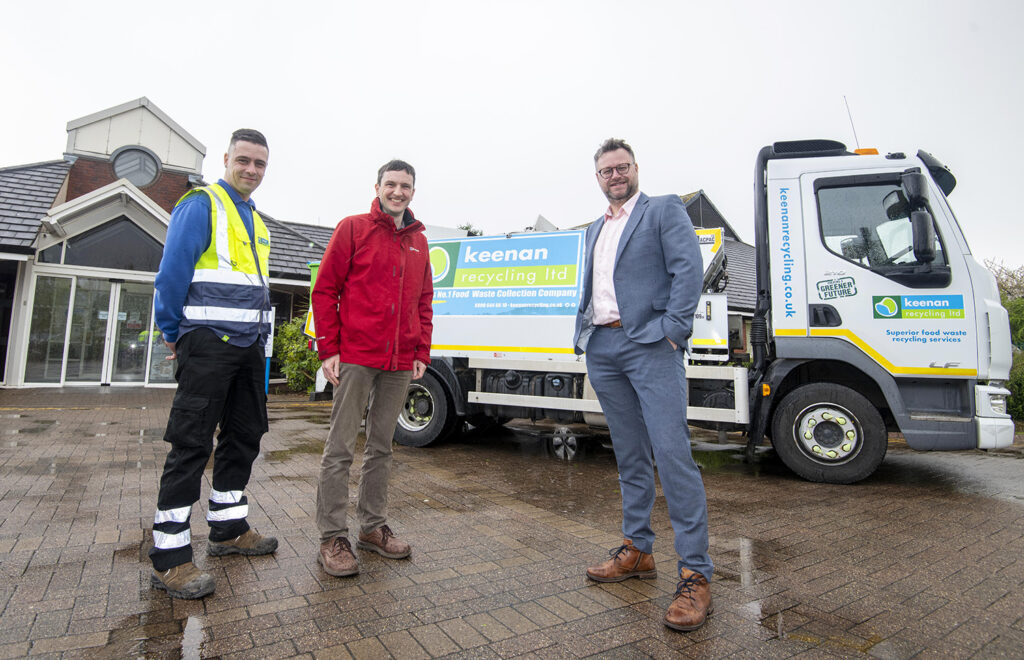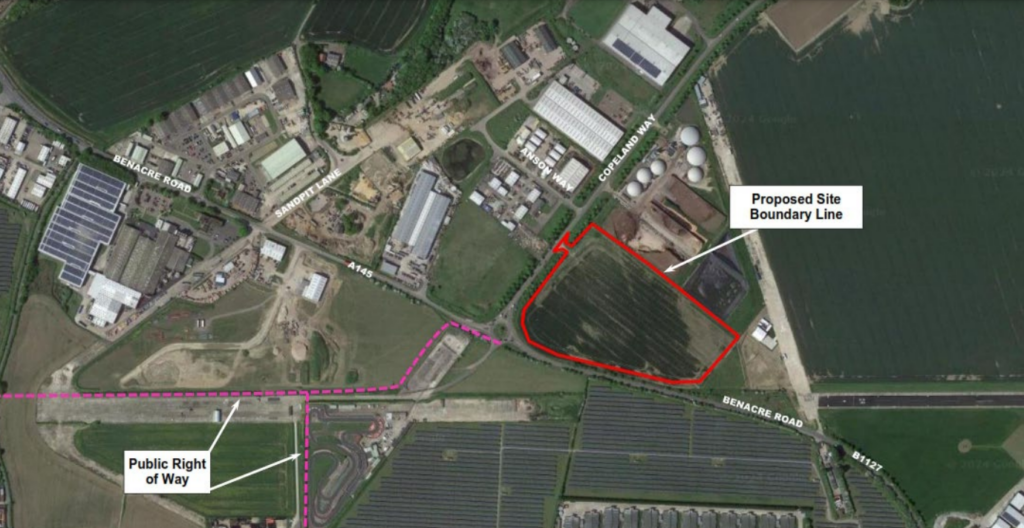It highlights key areas of concern and gives advice to site managers on assessing the risks involved in running a composting businesses.
The updated edition of the Association’s Health and Safety at Composting Sites: A Guide for Site Managers, which includes the new guidance, builds on the previous version by including sections on machinery; noise; manual handling; transport issues and the Animal By-Products Regulations.
It also gives explanations of the potential hazards involved in composting such as bioaerosols as well as covering the basics including: employee training, health surveillance, and personal protective equipment.
The information has been welcomed by Trevor Hay of the Health and Safety Executive (HSE). “This is an essential guide,” said Mr Hay.
“The Health and Safety Executive's recent report shows that the waste management and recycling industry, as a whole, has a death rate to workers 10 times the all-industry average, and its accident rate is four times the average. This record must be improved,” he asserted.
Jane Gilbert, chief executive of The Composting Association said, “The physical hazards associated with the operation of machinery can be relatively easily assessed and simple practical measures introduced. However, other hazards related to health, such as the dust and bioaerosols which composting activities create, are far less easy to identify.”
She added: “We need to manage the challenges now to safeguard both those already employed in the industry, and the growing number of workers who will be required in the future. And, as the nature of these challenges evolves, we will revise this guide as necessary.”
Copies of the book cost 45 for members of the Composting Association and 65 for non-members. Call 0870 160 3270 for more information.










Subscribe for free